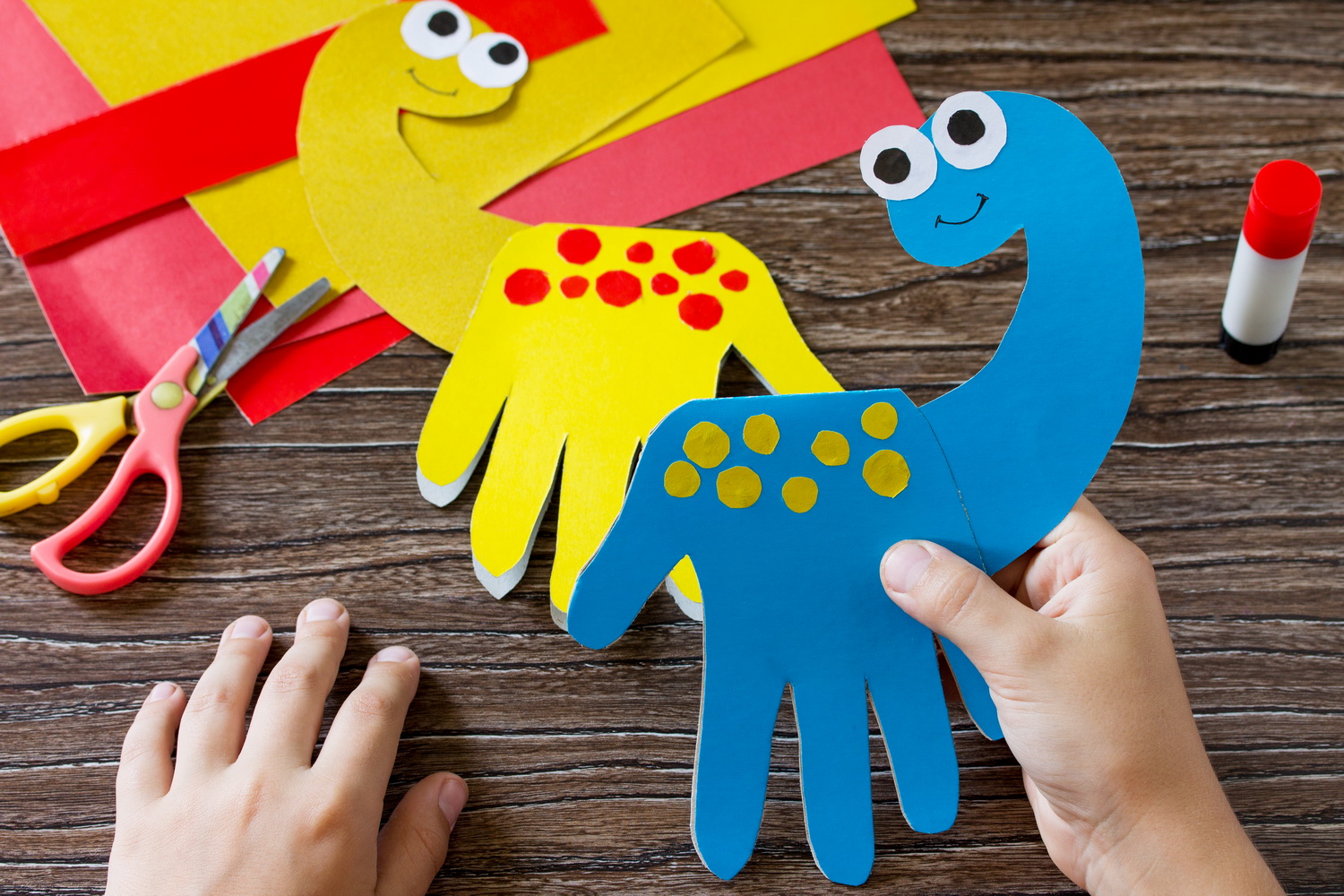Ready for Kindergarten? Tips for Kindergarten Readiness
April 24, 2017
While school for most kids is winding down, if you have a child who will be going off to kindergarten for the first time in the fall, you might be already making plans and getting excited for the journey ahead!
Even if your preschooler is a year or two away from hopping on the school bus for the first time, it’s possible to get a jump start on the developmental skills your little learner will need to know in order to be successful as they start school in the future. The following list will help you and your little one prepare for this wonderful rite of passage.
The ABC’s and 123’s
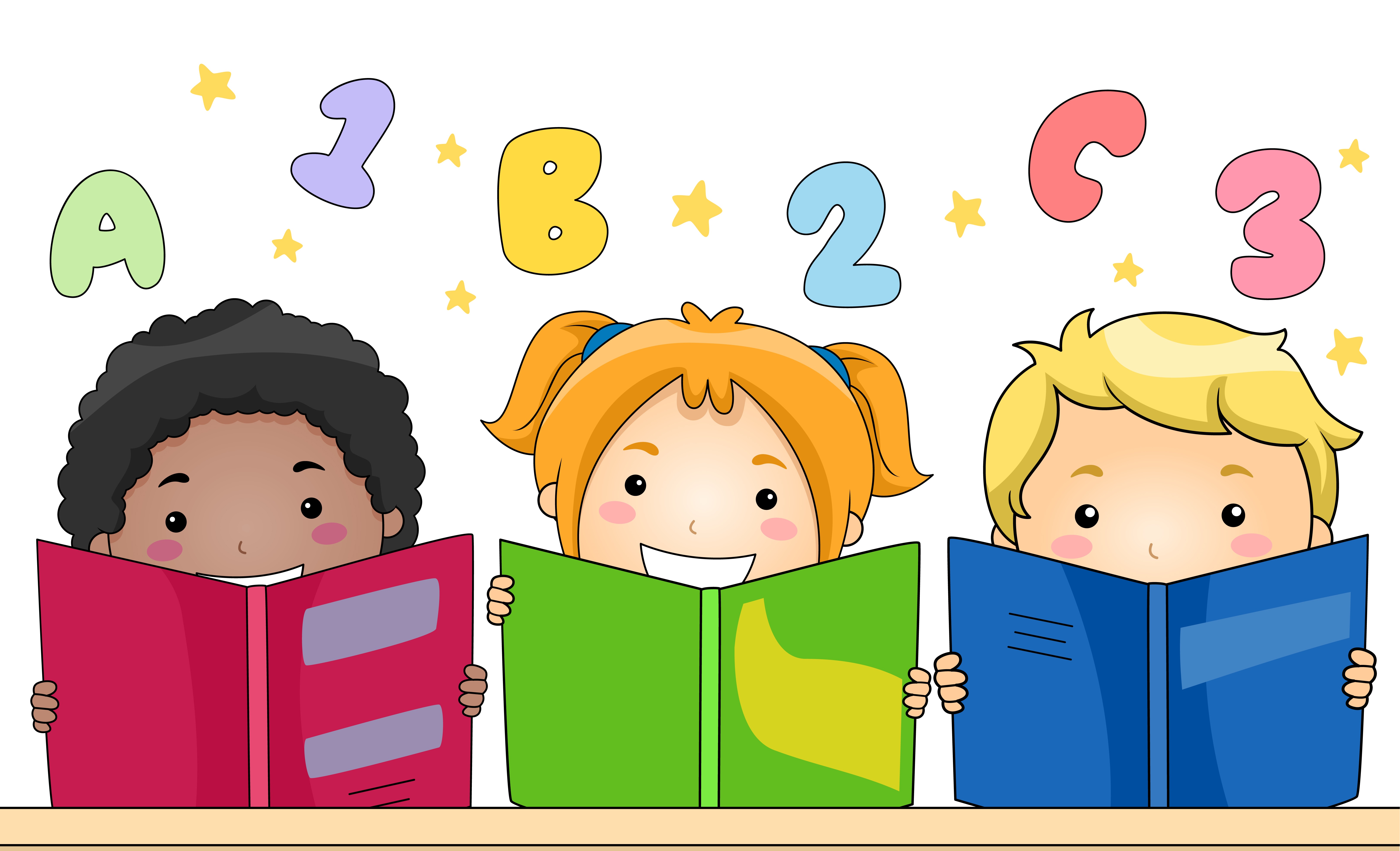
You might wonder if kids entering school need to be able to read and write in both uppercase and lowercase letters, or count to 100. Don’t worry! The standard for kindergarten readiness is not nearly so difficult. To start out, kids need to be able to recognize the full alphabet in print, as well as recite it verbally.
Likewise, kids should be able to count from 1-20 by the time they enter kindergarten. If your little learner can also write all the letters and numbers mentioned, then great! But if not, so long as they can recognize them in print and recite them aloud, they should be prepared.
Phonemic Awareness
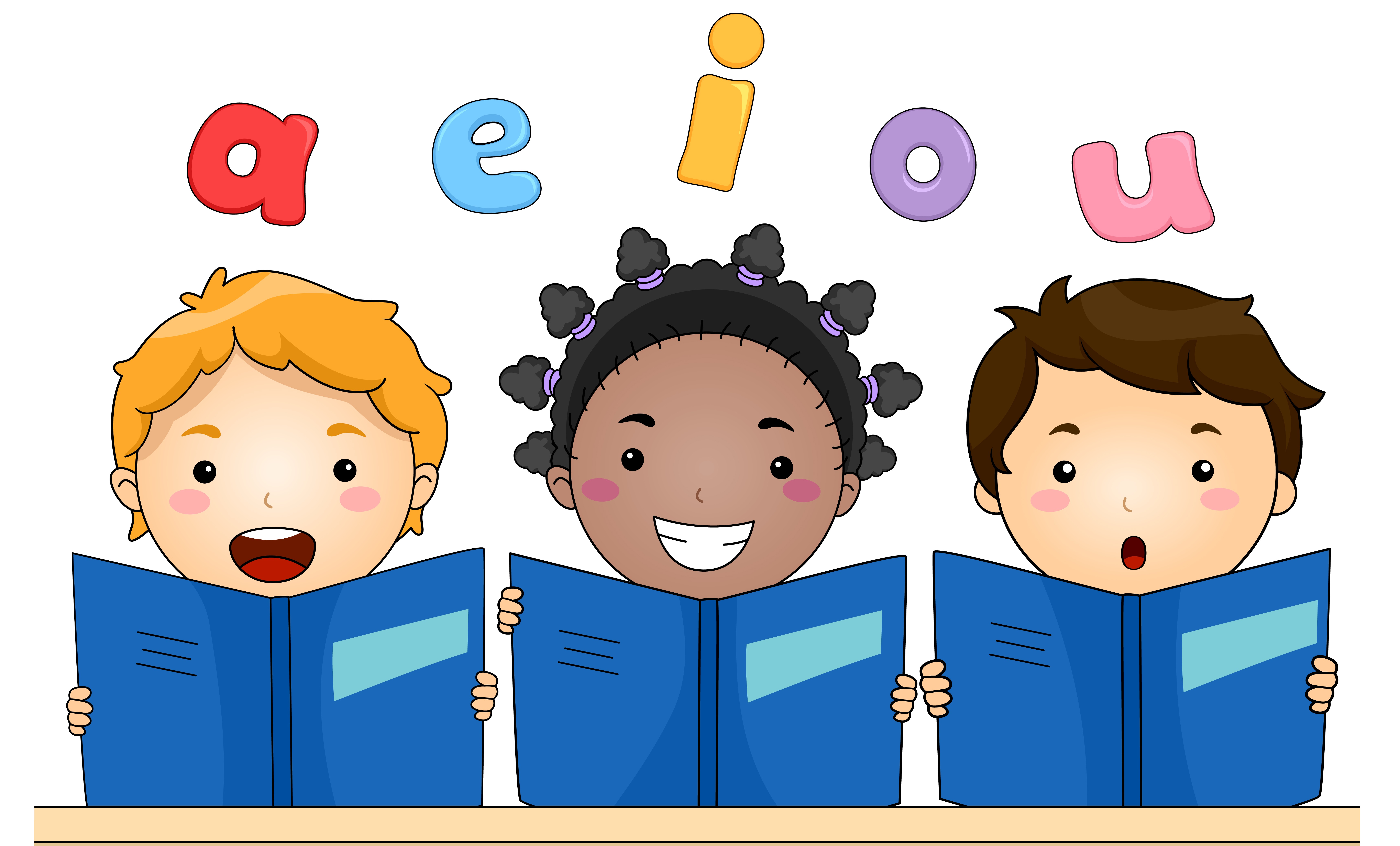
This might sound scary and highly advanced, but kids don’t need to have an in-depth knowledge of phonics when they step foot in the classroom on the first day.
As long as kids have an awareness of the different sounds that make up words, and are able to identify words that rhyme, particularly when pictures are shown to them, they will be ready for school. For practice before the school year, check out worksheets that feature rhyming words for kids.
Reading Readiness

Kids don’t need to arrive at school reading chapter books, but they should be able to recognize some simple sight words, and be able to recognize the letters that make up their own name. Work with your child to develop early reading skills by practicing with flashcards, or kindergarten reading worksheets.
With so many free resources available online, kids learn to read easy, high-frequency words before they get to school, so they can learn more advanced words as they progress.
Pasting and Coloring
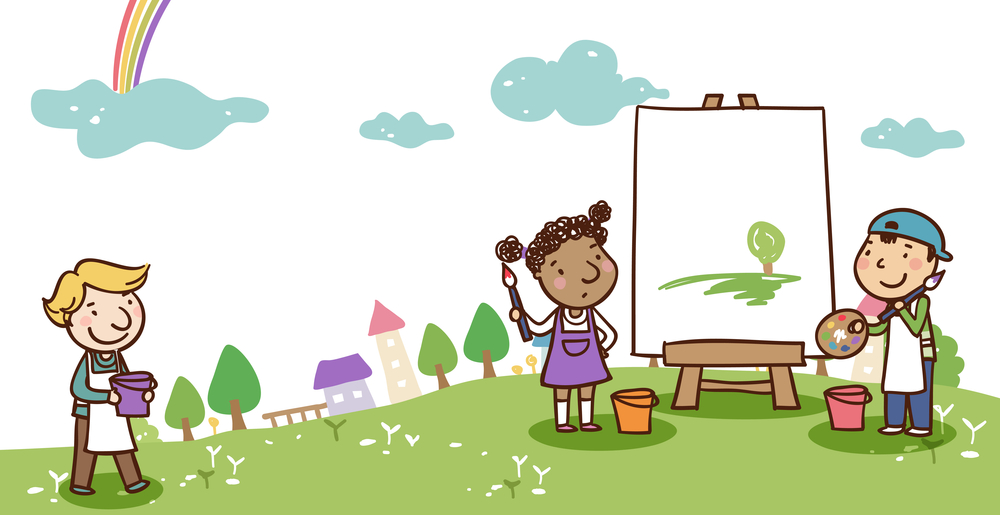
Kids just entering school should have a basic set of fine motor skills that are developed enough to participate effectively in kindergarten assignments.
Working on arts and crafts can help your child develop skills that include cutting paper precisely with scissors, pasting objects or paper to make art projects, and gripping a writing utensil to color and draw. When it comes to writing, your child will need a proper pencil grip, and to be able to write his or her own first and last name.
Shapes and Symbols
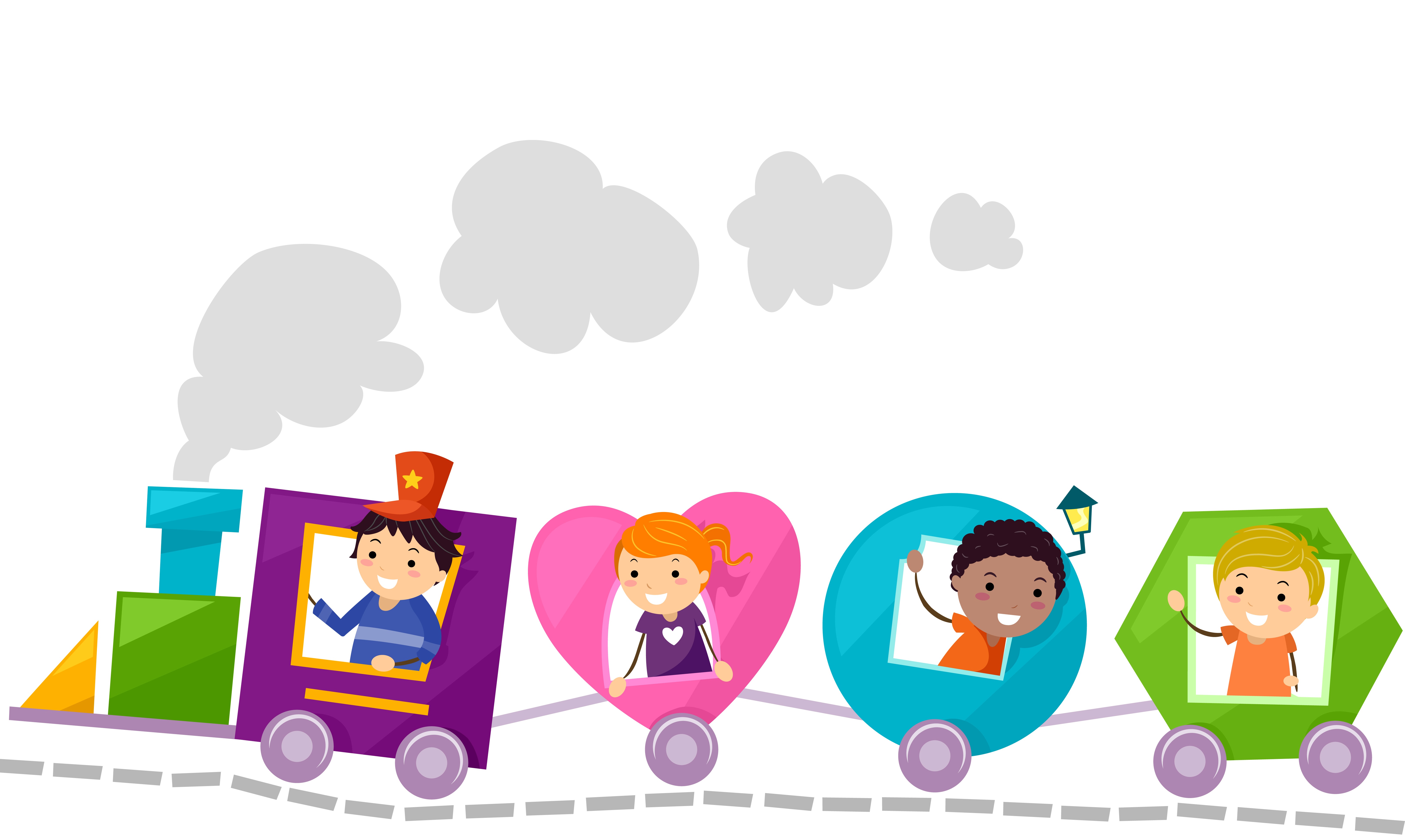
We often look at shapes and the knowledge of shapes as a toddler skill, but something over-looked is that many kindergarten curriculums introduce the topic of 3D shapes as an early geometry skill. With that said, kids should enter school being able to recognize and draw basic shapes, like squares, circles, triangles, rectangles, etc.
For an extra challenge, work with your child on more advanced shapes, like shapes with many sides. Additionally, be sure that your preschooler has an awareness of symbols. All kids should start to understand that symbols can have meaning and represent words and ideas. Start with common symbols, like the American flag, or even brand logos to introduce this concept.
Instructions, Routines, and Self-sufficiency
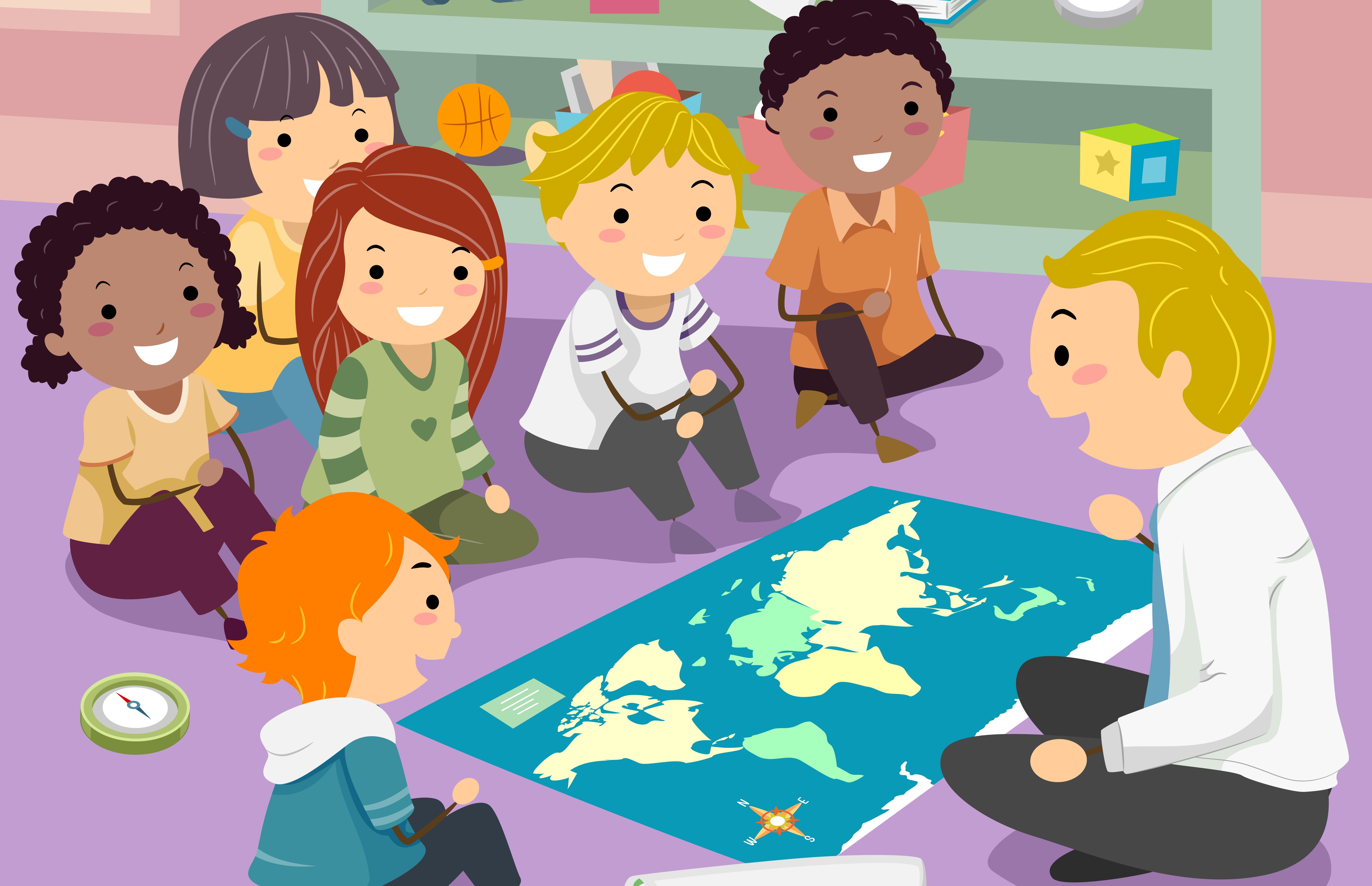
Last but not least, all incoming kindergartners should be able to follow directions from adults other than parents, and to be able to adapt to new and changing routines. Kids at this age need to develop a sense of self-sufficiency.
Make sure your child can use the restroom by him or herself, and put away jackets, or store backpacks. Practice these skills by ensuring that your child has a healthy routine at home, and is able to put away belongings and follow instructions to start being more independent.
The Bottom Line
Preparing for kindergarten isn’t as frightening as you may think. Chances are, your kids are ready, even if you think there’s more that can be worked on at home. If your child needs more practice, PDF kindergarten worksheets are available online to help your child with skills that he or she may be struggling with, while simple routines and lessons at home can ensure your child has a successful first year of school!







